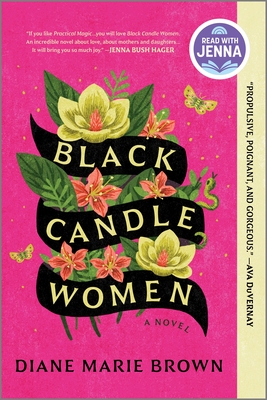
description
nihilistic play, with a foreword by Harold Bloom "We live and die, in the spirit, in solitude, and the true strength of Iceman is its intense dramatic exemplification of that somber reality. . . . Life, in Iceman, is what it is in Schopenhauer: illusion."--Harold Bloom, from the Introduction The Iceman Cometh focuses on a group of alcoholics and misfits who endlessly discuss but never act on their dreams, and Hickey, the traveling salesman determined to strip them of their pipe dreams. Eugene O'Neill--the first American playwright to win the Nobel Prize in Literature--completed Iceman in 1939, but he delayed production until after the war, when it enjoyed a long run of performances in 1946 after receiving mixed reviews. Three years after O'Neill's death, Jason Robards starred in a Broadway revival that brought new critical attention to O'Neill's darkest and most nihilistic play. Since then, The Iceman Cometh has gained enormously in stature; many critics now recognize it as one of the greatest plays in American drama.
member goods
No member items were found under this heading.
listens & views

FUNERAL MUSIC OF THE RENAISSANCE ...
by FUNERAL MUSIC OF THE RENAISSANCE / VARIOUS
COMPACT DISC$19.25
Return Policy
All sales are final
Shipping
No special shipping considerations available.
Shipping fees determined at checkout.






